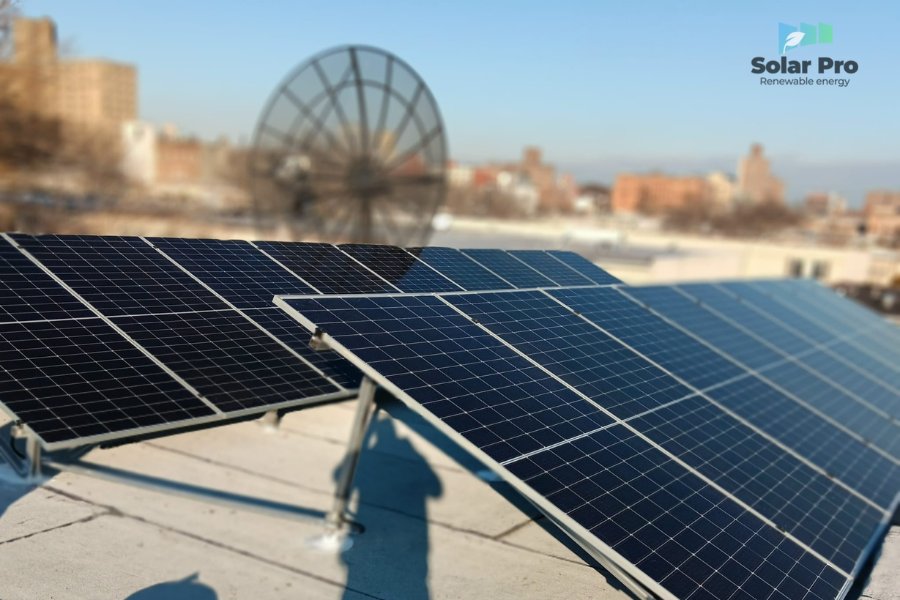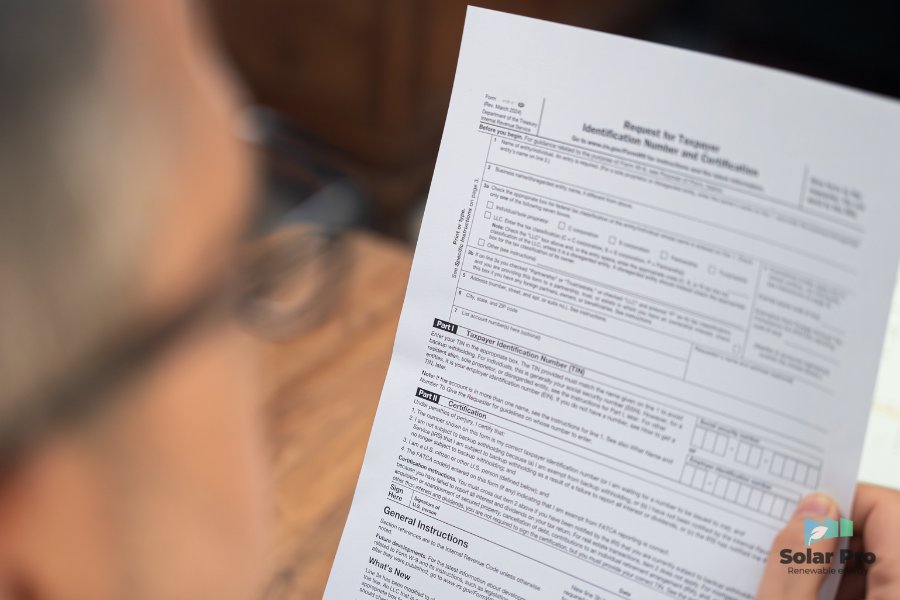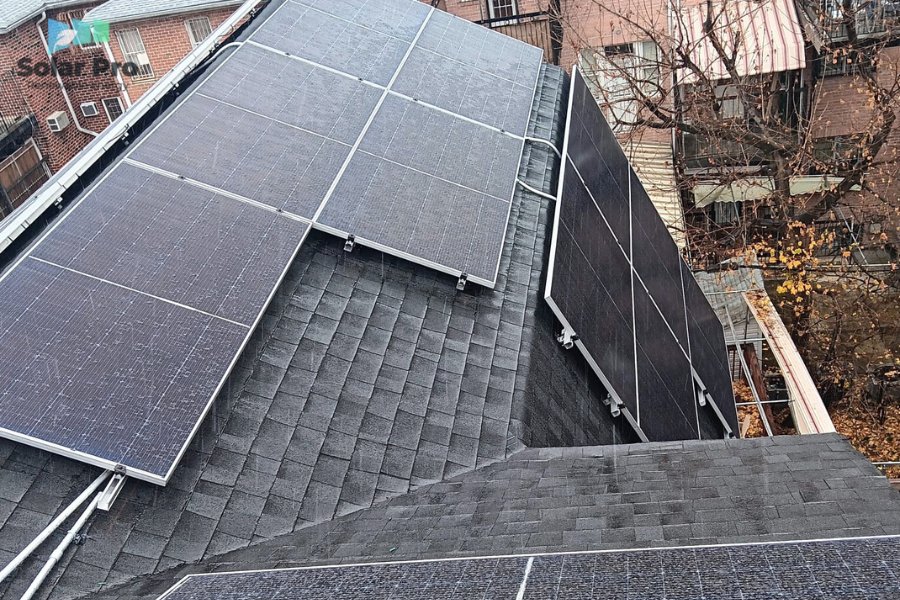New York Solar Panel Rebates
How It Works


Qualified homeowners with home solar could be eligible for a tax credit of up to 30% against the cost of the system.
The 25% state solar tax credit is available for purchased home solar systems in New York. (Max. $5,000 state tax reduction)
Up to $1,000 for every kilowatt (kW) of solar power installed.
Property tax exemption on the added home value from a solar and storage system.
4% home solar system state sales tax exemption.
Earn credits by giving your electricity back to the New York grid to store and save for future use.
Provides 30% back on eligible clean energy property installed between 2022 and 2032. It’s nonrefundable, but you can carry over unused credits.
A four-year property tax reduction of 7.5% per year – totaling 30% of the system cost, capped at $62,500 annually or $250,000 overall.
Tip: Incentive funds and programs can change without warning. The earlier you start your project, the better your chances of securing the maximum savings.


Solar incentives in New York City won’t be around forever, so timing is key. The NY-Sun rebates, which most solar tax rebates funnel through, follow a block system, which means incentives reduce as more solar systems are installed.
The solar tax credit can reduce the amount of taxes you owe, which might increase your refund if you’ve already paid taxes throughout the year. However, it’s important to know that the credit is nonrefundable, meaning it can only lower your tax bill to zero but won’t give you money beyond that. If the credit is more than what you owe, you can usually carry the leftover amount into future tax years and use it then. So, while it may lead to a refund for many, it really depends on your individual tax situation.
In most cases, installing solar panels will not increase your property taxes thanks to special exemptions and abatements in many places, including New York City.
For example, the NYC Solar Property Tax Abatement actually lowers your property taxes for up to four years, giving you a break instead of a hike. It’s always a good idea to check local rules, but generally, solar panels add value to your home without making your taxes go up.
Yes, most solar rebates and tax credits require that you own the home where the solar system is installed. This is because the incentives are designed to benefit homeowners who invest in their property. If you’re renting, you typically won’t qualify for these rebates or tax credits.
However, if you lease the solar panels or have a power purchase agreement (PPA) through a solar company, those companies usually handle incentives on their end. So, owning your home is key if you want to claim rebates directly.
Yes! Many solar incentives now include battery storage systems because they help you store the energy your panels produce for use when the sun isn’t shining. For example, the federal tax credit covers batteries if they’re charged by your solar panels.
Some local programs, like New York City’s property tax abatement, also include battery storage. Just keep in mind, the battery usually needs to be installed along with or after your solar system to qualify. So, if you’re thinking about batteries, you can get rebates that help make them more affordable too.
Incentives is the bigger category. It includes any kind of financial help to make solar cheaper, like rebates, tax credits, discounts, or exemptions. Rebates are a type of incentive where you get money back, usually after you buy and install your solar system.
Think of rebates as a cash-back deal, while incentives can also include things like lower taxes or cheaper equipment. Both help you save, but incentives cover a wider range of savings options.
Yes! You can often combine federal, state, and local incentives to maximize your savings. For example, you might use the federal tax credit together with New York State’s solar tax credit and NYC’s property tax abatement. Just keep in mind some incentives might have specific rules about stacking, so it’s a good idea to check with your installer or a tax professional to make sure you get the full benefit.
The timing varies depending on the program. Tax credits are applied when you file your annual tax return, so you typically see the savings when you get your refund or reduce what you owe. Some local rebates might take a few weeks to a few months after installation and paperwork submission to process. We can usually help track the timeline so you know what to expect.
Yes! Many federal and state incentives also apply to commercial solar installations. The rules and amounts might differ from residential programs, but businesses can get tax credits, rebates, and sometimes special financing options too. If you’re a business owner interested in solar, it’s worth exploring commercial-specific incentives with your installer or a tax advisor.
Most solar incentives, like tax credits and rebates, apply only to the person who installed the system, so they generally don’t transfer to the next homeowner. However, solar panels often increase your home’s value, which benefits the new owner. It’s a good idea to discuss this with your installer or real estate agent to understand how solar affects your property sale.
The paperwork usually includes your purchase and installation invoices, proof of payment, and the system’s technical specifications. For tax credits, you’ll need to fill out IRS forms (like Form 5695 for the federal credit) when filing your taxes. Some local rebates require separate applications or proof of permits. Your solar installer often helps gather and submit this paperwork, making the process easier for you.
5 Star Rating

Make the smart choice for your wallet and the environment by switching to solar energy. Contact us now to learn about our solar solutions.